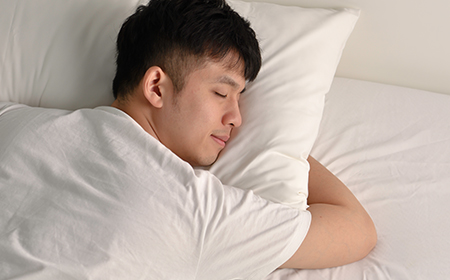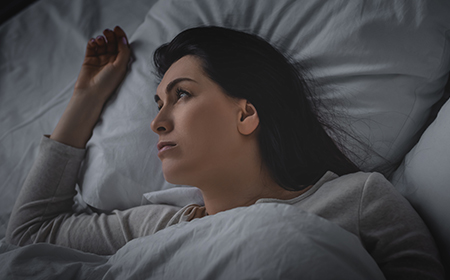From time to time, you might be finding it difficult to enter into the land of nod. When you cannot sleep, you often lie awake staring into space and perhaps worrying how tired you might be the next day.
Here are some effective tricks for how to overcome those dozing off issues. Hopefully they can help stamp out your sleep problems.
Count backwards and fall asleep faster
All this sleeping trick requires is a little mental arithmetic. Start with 300 and count backwards, subtracting 3 as you go. In other words, you count: 300, 297, 294, 291 etc.
If you have not fallen asleep by the time you reach 0, start over from the beginning. The idea of this sleeping trick is to put you in a relaxed mental state. How long it takes differs from one person to another.
Increase the degree of difficulty>
You do not necessarily have to use the three times table. If you feel that the trick is not making you relax and fall asleep quicker, you can make the counting more difficult. You could start with a higher number, for example 700, and count back in 7s instead of 3s.
Why does the trick work?
You fall asleep faster, because the counting is complicated enough to stop you from thinking about other things. That means that you shelve your thoughts and anxieties, which may be the reason why you cannot sleep in the first place. Also, you are occupying the brain with an activity, which is so boring that you fall asleep faster than you would have done otherwise.
Sleep is the key to wellbeing
Your sleep is crucial for your health – both physical and mental. Sleep helps you function properly during the day, boosts your immune system and gives you a high level of energy. Therefore, it's vital to tackle your sleeping problem, if you often find it hard to fall asleep.
Drop any dubious sleep tricks
There are various myths and ideas about how to fall asleep quickly. Maybe you have heard about counting sheep or forcing yourself to stay awake until you fall asleep. The effect of both these tricks is dubious. Stress or anxieties are the most usual reasons for not being able to fall asleep. In most cases, an occupation of the brain is sufficient in order to fall asleep.




